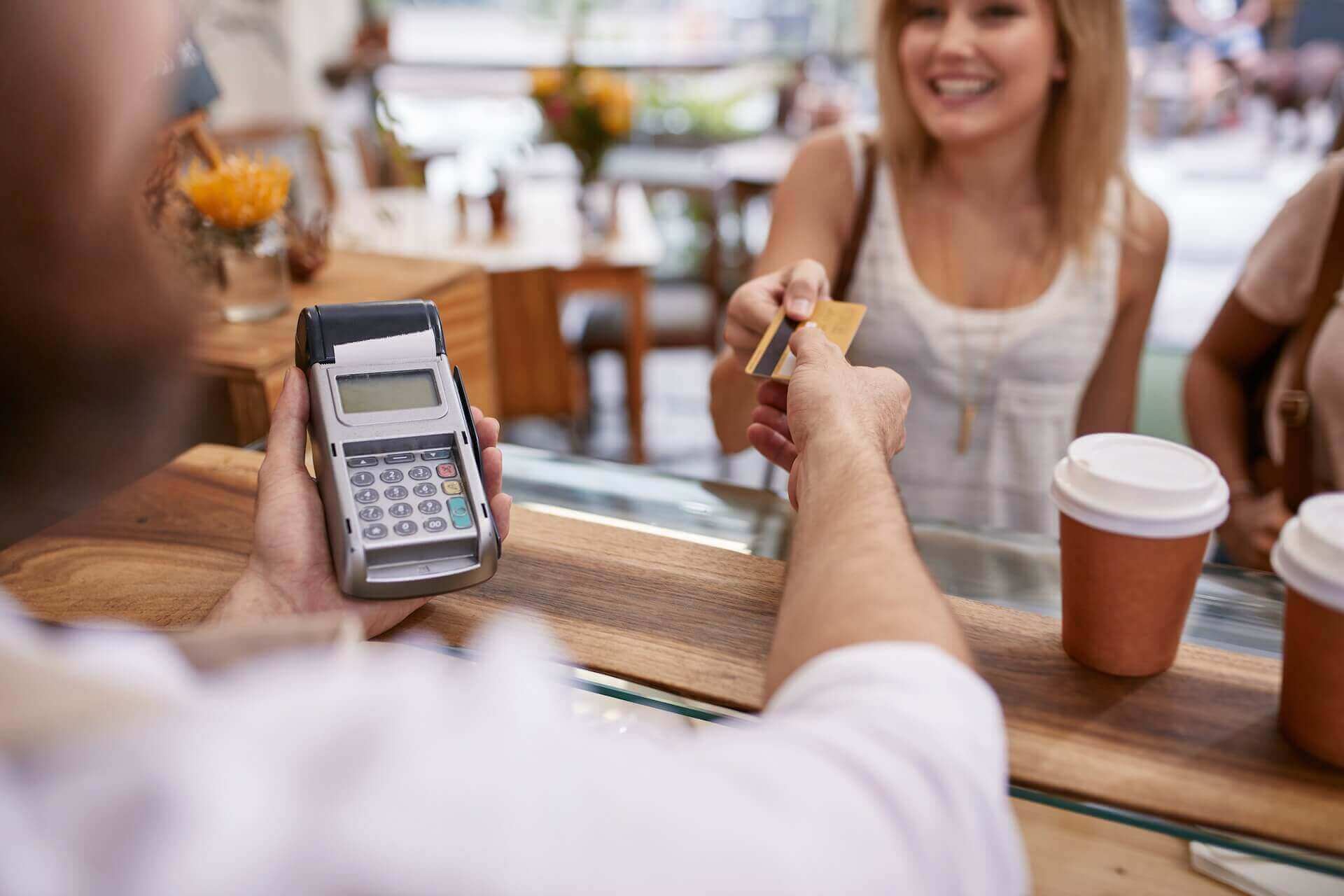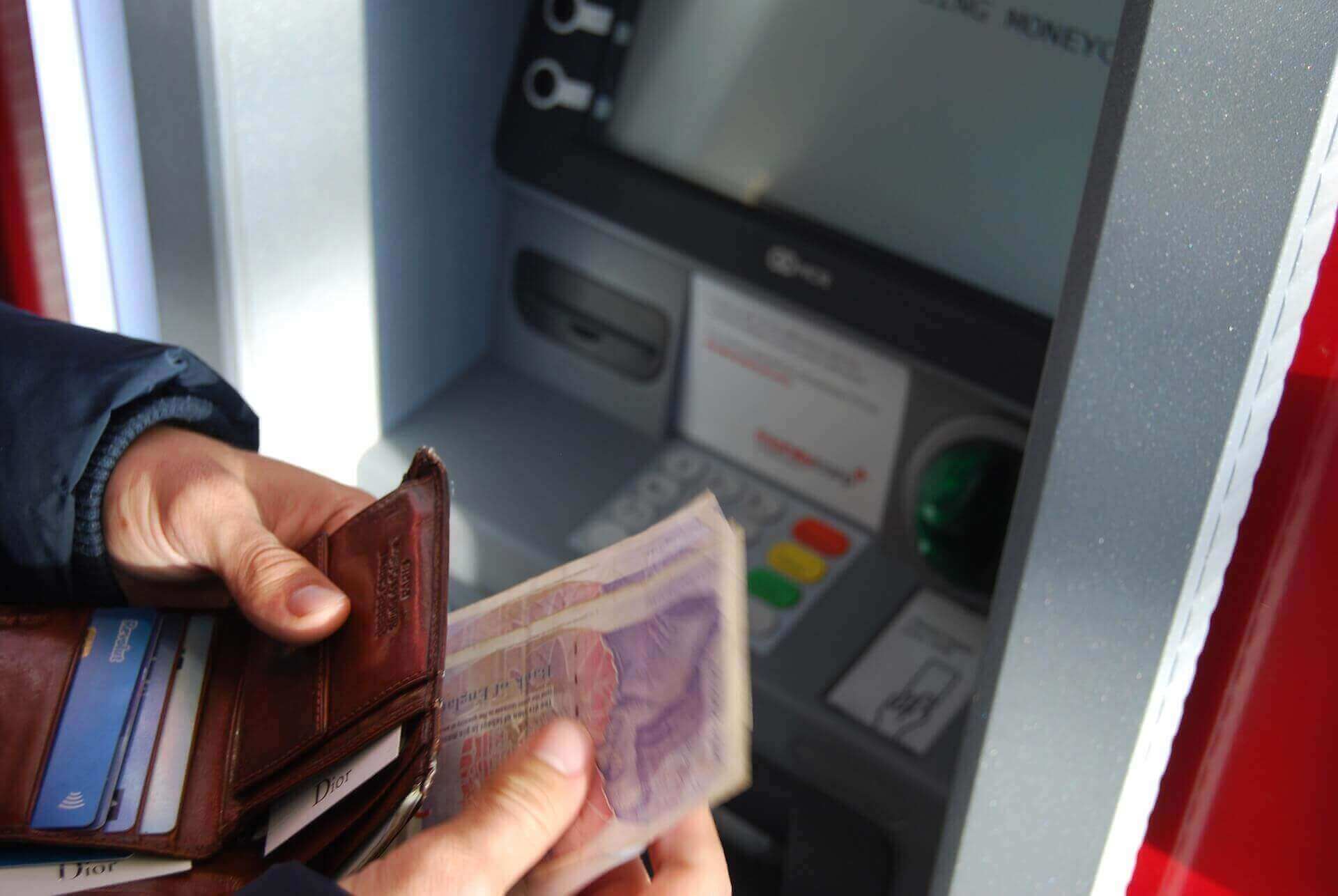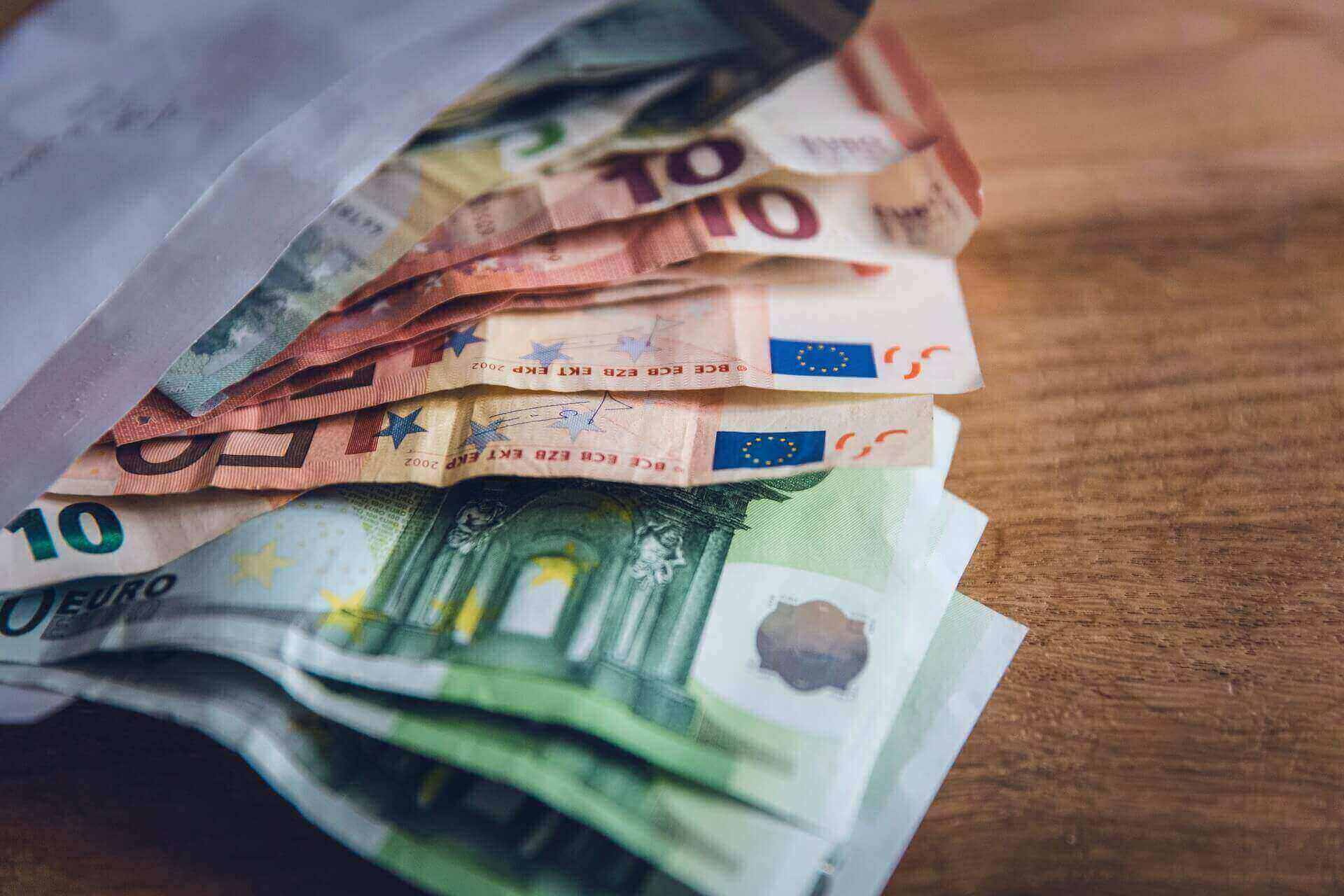When on vacation, knowing how to handle money and organize your budget is super important. Before you depart on your dream Greek holiday, inform yourself – what currency does Greece use? Here are some of the essential facts you should learn when it comes to Greece’s currency.
Why It’s Important to Know What Is the Currency in Greece?
When planning on traveling to another country for a summer holiday, it’s essential to know as much information as possible about the currency used there. Most people who don’t take the time to inform themselves about handling different currencies spend more than they have planned for their entire trip cost.
Prepare yourself by learning some essential facts about Greece’s currency and best practices for handling money while shopping in Mykonos or paying for food in some of the best restaurants on the island.

If you do a bit of research in advance, it will be easier to organize your traveling budget
What Currency Does Greece Use?
Greece’s official currency is the Euro, a European monetary unit. The sign for it resembles the letter E or the Greek letter epsilon (Ɛ). While going through price tags in Mykonos shops or reading menus in one of the international restaurants in Mykonos, you will notice that it’s quite common to see the euro symbol written after the price, such as in 20€.
Besides the Euro, Europeans also use cents for paying – it’s important to know that 100 cents is one Euro. This monetary unit is issued by the European Central Bank and is one of the most traded currencies in the entire world.
Important Facts About Eurozone and Euro Currency
The Euro is a monetary unit used by most countries in the European Union. The Eurozone is the name for nineteen countries in the European Union that use this unit as their primary currency. So if you’re planning a vacation on Mykonos within some more extensive European travel route, remember that you don’t have to worry about exchanging money while traveling between those 19 countries.
How Did the Euro Become Greece’s Currency?
The Euro became Greece’s main currency in 2001. Before that, they used Greek drachma, which was also the ancient money of the Greek empire. When the Euro was introduced, Greece suffered financially, experiencing a debt crisis. However, they’ve never returned to using drachma, and the Euro is, to this day, their main currency.
What Is the Worth of the Euro Compared to Other Currencies?
The Euro is quite stable, which makes it attractive for businesses and trades all over the world. For people unfamiliar with the worth of the Euro, it’s best to see how much it’s worth compared to other currencies that they are familiar with. Here’s a list of euros compared with some other frequently used currencies:
- 1 EUR = 1.07 US dollar,
- 1 EUR = 0.8 British pound,
- 1 EUR = 1.5 Australian dollar,
- 1 EUR = 0.9 Swiss franc.

Greece is one of 19 European countries that use the Euro as their currency
Where Can You Exchange Cash in Mykonos?
Today, most tourists use cards to pay for their stay in some of the best hotels, rent one of many wonderful Mykonos luxury villas, and buy food and drinks at popular beach clubs – however, some still like to have some cash on them just in case.
Most people choose to bring cash from home and then exchange it once they reach their vacation destination. Of course, there are some valuable tips to keep in mind when it comes to exchanging cash, and we’ll share them with you.
What Should You Know About Exchanging Cash in Greece?
Even though it seems simple, there are a few things to keep in mind. The exchange rates constantly fluctuate, so it’s best to consult some legitimate resources (such as xe.com) before accepting someone’s rate.
If you want to be even more brilliant with using your budget during travel, monitor the rate a few weeks or months before your trip and see when is the best time to purchase some euros. Banks usually offer the best exchange rates, but always check to ensure you get the optimal rate.
The Majority of Greeks Prefer Cash Over Credit and Debit Cards
Greece is still a cash-based society, and most locals prefer using cash rather than cards. Even though you can pay with credit and debit cards in almost every spot you visit, some places still like it if you pay in cash. The high-end places with higher prices always accept credit and debit card payments, while in local and traditional Mykonos tavernas, paying in cash is more acceptable.

When paying with a credit card, you might get charged some additional fees
Important Advice About Using a Card in Greece
Even though paying with a card seems way more accessible than thinking about exchange rates and getting familiar with European money, it’s not something you should rely entirely on during the trip. Credit and debit cards are widely accepted, but you shouldn’t forget about additional fees for the services.
The card processors can charge you in your home currency or euros, and you will typically be asked by the seller how you would like to be charged. Usually, it’s much more affordable to choose the local money.
What Are Greek Bank ATMs Like?
There are ATMs available in most cities in Greece, as well as in Mykonos island. These are the most common banks and ATMs you will run into: Alpha Bank, Bank of Cyprus, Eurobank, National Bank, and Western Union. Most ATMs are located in Mykonos town, Chora, while some Mykonos luxury hotels and resorts also have their own.
ATMs can run out of money during the summer season and weekends but are usually restocked during midweek. If you’re trying to find a nearby ATM on the island and you want to ask a local where to go, remember that in Greek, the ATMs are called mihanima.
It’s Better to Use a Debit Card When You Travel
Most people use a debit card to pay when traveling, as almost every place accepts them. When choosing between credit or debit cards, most believe that debit cards are more convenient during travel. However, it’s best to contact your bank and ask them about exchanges, foreign withdrawals, and similar additional charges you may experience.

Most of the ATMs in Mykonos are located in Mykonos town, Chora
Tips for Saving a Few Bucks While Traveling
Because Mykonos is one of the pricier vacation destinations in Europe, it’s essential to plan out your budget well. For people willing to save some coins and travel on a budget, it’s crucial to learn about some important matters. There are plenty of ways to spend less while on vacation, and here are some of the most useful tips we can offer you:
- Avoid exchanging at the JMK airport since this airport is known for charging epic fees.
- Minimize the chances of losing cash by only carrying the needed amount.
- Always check the exchange rate before exchanging your money.
- Contact your bank if you notice some unwanted fees which could drain your budget.
- Before your trip, discuss with your bank accountant which card is the best option for you.
The Ace VIP Is Here to Organize Your Entire Holiday
You have to organize your budget by yourself, but everything else regarding your holiday can easily be left to our experienced team. The Ace VIP specializes in luxurious holidays and offers vacation packages for people who love the summer’s high-end lifestyle. Whether you need a Mykonos villa or you’re interested in booking a private yacht rental in Mykonos, The Ace VIP is here for you. Our team can easily arrange everything you need for the upcoming vacation.
Our concierge services will be available to you throughout the entire trip and we can fulfill any special requests you may have while enjoying your time on this stunning island. If you’re interested in booking one of our private villas in Mykonos or getting a Mykonos yacht rental, be sure to contact us today. We’ll be more than happy to introduce you to our services and organize the holiday of your dreams.






